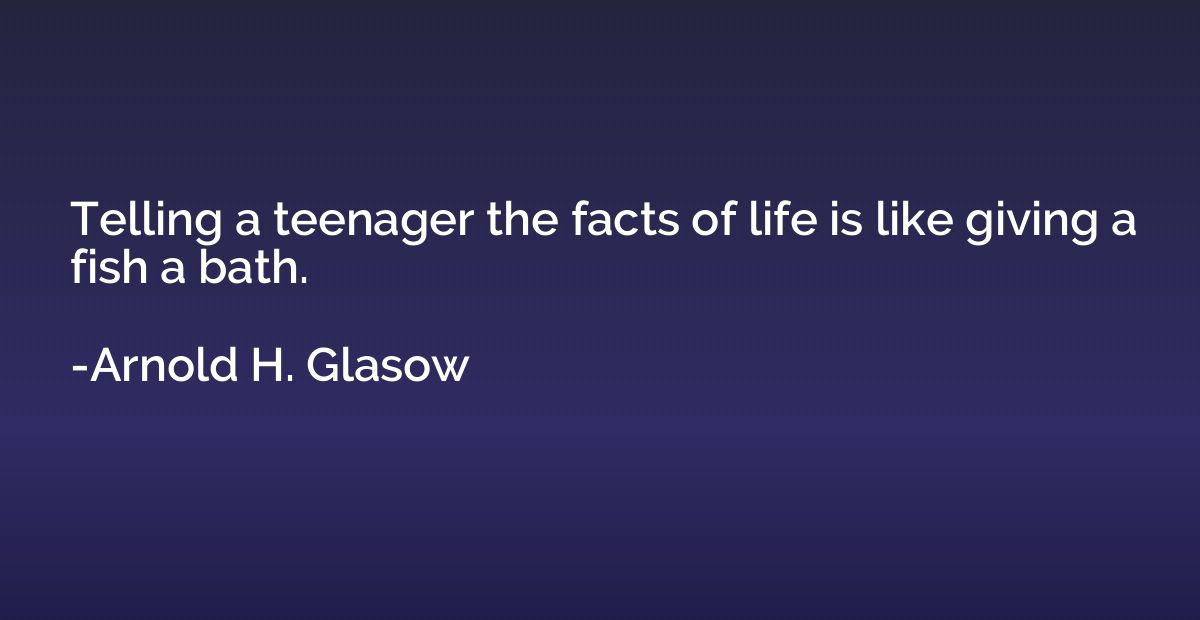Arnold H. Glasow Quotes
A collection of quotes by Arnold H. Glasow.
Arnold H. Glasow (1905-1998) was an American author, humorist, and newspaper columnist known for his witty observations and humorous quotes. Born in Fond du Lac, Wisconsin, Glasow began his career as a newspaper boy, and later worked as a printer's devil and linotype operator.
In 1933, he founded Glasow's Weekly, a humorous publication that featured his witty insights on everyday life. His popular columns gained widespread attention, leading to several newspaper syndications and earning him a loyal following. Additionally, Glasow authored numerous books showcasing his humorous observations on topics ranging from business and success to relationships and human nature.
Glasow's talent for crafting witty one-liners and his ability to find humor in even the most mundane situations made him a sought-after speaker. He delivered humorous speeches at conventions, conferences, and business events, winning accolades for his engaging storytelling style.
Over the years, Glasow's quotes and aphorisms became famous for their simplicity, wit, and relatability. They have been widely shared and adapted by individuals across different walks of life. His work continues to be featured in books, calendars, and online platforms, inspiring and entertaining readers around the world even after his passing in 1998.
N/A















